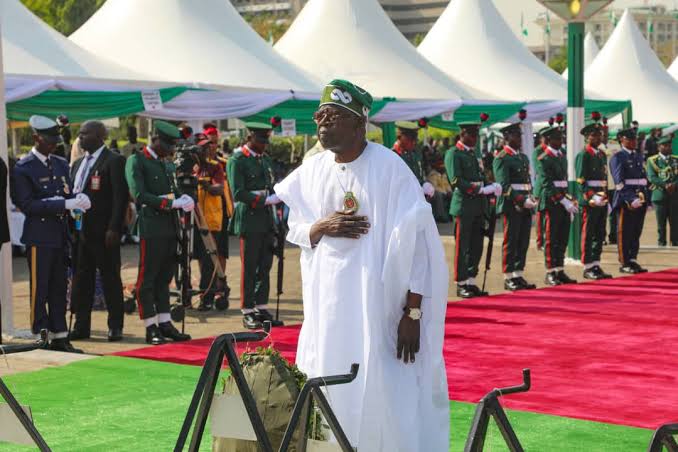In a matter of hours, the year 2024 will be history. As the global community prepares to enter into 2025, it is worthy to note issues that shaped the outgoing year in Nigeria while anticipating what 2025 brings forth.
In 2024, several significant issues shaped Nigeria’s political and economic landscape, ranging from worsening economic conditions of the citizens and corporate entities to insecurity, social unrest and
From the Economy
The year started with a continuation of carryover of hardships of 2023 which were fallouts of the removal of fuel subsidy which became effective with the assumption of office by President Bola Ahmed Tinubu. The results were inflation with food inflation exceeding 32% by late 2023. This pressured household spendings and making business entities come up with different strategies to stay afloat this sudden hikes.
Exchange Rate and Currency Challenges
The naira’s depreciation remained a concern. Despite attempts to stabilize it through external funding and reforms, Nigeria struggled with foreign exchange shortages, low investor confidence, and significant external debt.
Fiscal and Debt Sustainability
The country’s debt burden grew, with public debt exceeding ₦87.9 trillion ($114 billion) by late 2023. While revenues improved slightly through higher oil prices and tax reforms, debt servicing consumed a large portion of government income, raising sustainability concerns.
Economic Reforms
The administration of President Bola Tinubu implemented structural reforms, including streamlining taxes and boosting non-oil revenues, but the effects on infrastructure, growth, and employment were limited due to inefficiencies in capital expenditure.
The new tax reform has ignited both a political and economic ripple effects with parts of the country posing for ‘war’ over the changes they assume will ulter their economic wellbeings.
Political Issues
1. Security Challenges: Terrorism, banditry, and separatist agitations continued to stand as a major challenge to the people and government of Nigeria.
The defence headquarters has assured Nigerians that all is now well even in the face of endless kidnappings, Boko Haram onslaught on Nigerian communities especially the farming communities of the North.
As if the existing terror gangs are not enough, there came again the threat of the Lakurawa terror group in addition to the carnage already inflicted on Nigeria by the ISIS and Boko Haram which also has some splinter groups.
2. Governance Reforms: Efforts to reform the governance structures were initiated, but progress was slow. These were critical for addressing corruption and improving institutional efficiency
3. Social Unrest and Public Sentiment: Parts of the fallouts of the reforms in the economy include the widespread protests in the country called End-Bad-Governance Protests. The major cities of Abuja, Lagos, Ibadan, Kano, Kaduna, PortHarcourt and others witnessed massive turnout of protesters who insisted that the economic reforms were only bringing forth more hardships on the citizens.
These dynamics reflect Nigeria’s efforts to navigate complex economic and political challenges while pursuing growth and stability. However, achieving sustainable progress will require stronger reforms, infrastructure investments, and effective governance.


